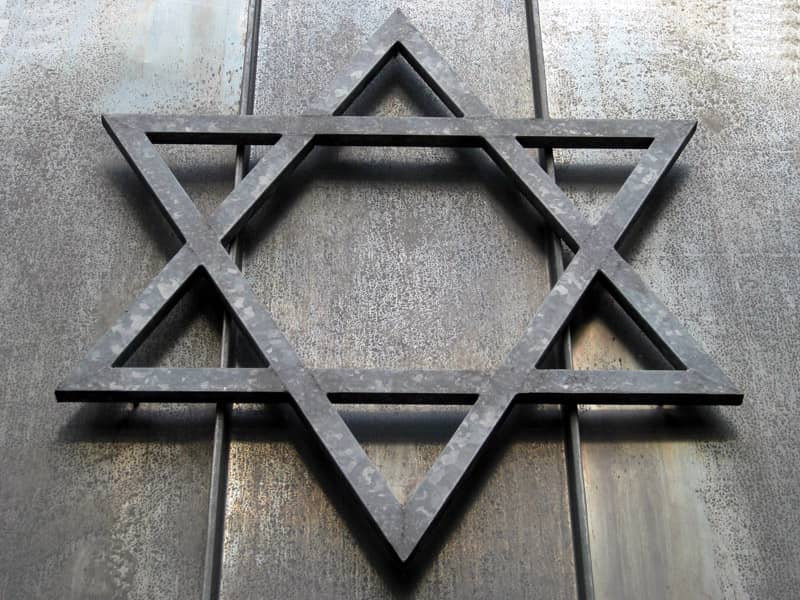Name: Shabbat (Hebrew), Shabbos (Yiddish)
Occurs: Sundown Friday to Sundown Saturday
Purpose: Re-enactment of creation, when God rested on the seventh day
Prohibitions According to Jewish Law (Partial):
· Work
· Spending money
· Driving
· Writing
· Turning on or off lights, televisions, radios, computers, or any other electrical devices
· Cooking
· Playing musical instruments
· Lighting fire
· Carrying items in public spaces
Customs/Laws:
· Large, festive meals with family and friends
· Traditional foods: Challah bread, chicken soup, kugel (potato or noodle casserole), tzimmes (carrot, sweet potato, raisin mixture)
· Weekly Torah portion is read in synagogue
· Women usher in Shabbat by lighting two candles and saying a blessing
· Meals begin with a blessing over a cup of wine
· Songs/hymns are sung at meals
Intended Effects of Prohibitions and Customs:
· Peace and relaxation
· Removal from concerns of daily life
· Time to spend with family and friends
· Time to focus on spirituality, introspection, and family
· Dedication of one day a week to God
Exception to Prohibitions:
· As with most Jewish laws, Jews are required to break the law to save lives in life or death situations
Biblical Sources (Sample):
· "On the seventh day, having finished his task, God rested from all his work. And God blessed the seventh day and declared it holy, because it was the day when he rested from his work of creation." (Genesis 2:2-3)
· "Remember the Sabbath and keep it holy." (Exodus 20:8)
· "For in six days the LORD made the heavens and the earth, the sea and all that is in them, and rested on the seventh day; therefore the LORD blessed the sabbath day and made it holy." (Exodus 20:11)
· 'For six days work may be done, but on the seventh day there is a sabbath of complete rest, a holy convocation. You shall not do any work; it is a sabbath to the LORD in all your dwellings. (Leviticus 23:3)

